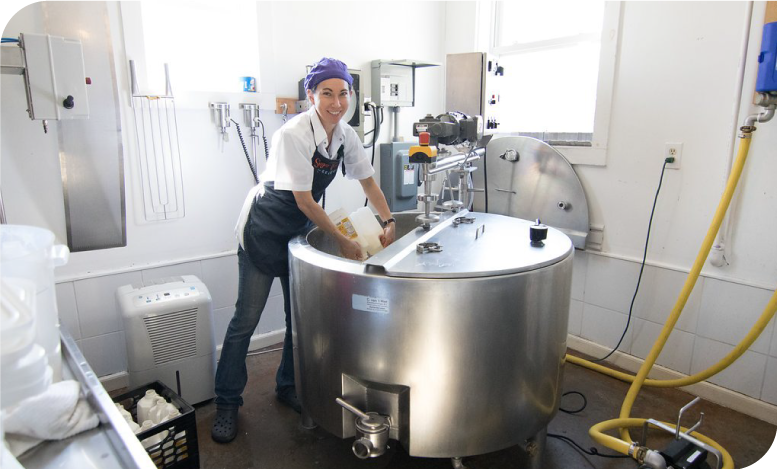
On November 15, 2021, President Biden signed the Bipartisan Infrastructure Law (BIL) — also called the Infrastructure Investment and Jobs Act (IIJA) — a once-in-a-generation investment in American infrastructure intended to make the economy more sustainable, resilient, and just. Within the BIL, ARC was allocated $1 billion over 5 years, or $200 million annually, starting in Fiscal Year 2022.
Building Appalachia’s infrastructure has been an ARC investment priority for over 58 years, and the extra funding provided through the BIL has allowed ARC to enhance our support for important projects. For Western North Carolina (WNC), this means making important expansions for food entrepreneurs.
Overcoming Pandemic-Related Obstacles
The Western North Carolina Farmer’s Market is a 36-acre regional market opened in 1977 to serve western North Carolina, east Tennessee, and upstate South Carolina. Though it was already a critical destination where 156 Appalachian farms could sell directly to customers, market leadership wanted to expand services and space for entrepreneurial education and value-added product creation. In 2018, the Southwestern North Carolina Planning and Economic Development Commission (Southwestern Commission) received over $1.2 million in POWER funding to build a 6,000-square-foot training and incubation center, operated by Blue Ridge Food Ventures, that would help current business owners diversify their incomes and establish new, value-added food businesses.

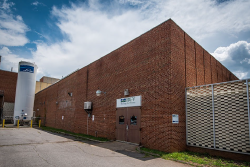
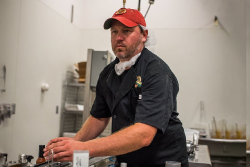
It all began smoothly – coordinators had years of relevant experience, the WNC Farmer’s Market had a strong customer network, and the project included ample matching funds from state and local sources. Unfortunately, construction didn’t begin until mid-2020, and like countless grantees across the country, the project leaders found themselves faced with COVID-19-related challenges.
“Out of the three bids we received, the low bid showed us we were at least 30% underfunded. We thought we were finished,” says Project Coordinator Smithson Mills.
The team tried to reducing the project scope and secure additional funding, but by the time they raised more funds, construction bids had risen yet again. Mills joined Russ Harris, executive director of the Southwestern Commission, in contacting North Carolina’s ARC State Program to deliver the bad news. Much to their surprise, the additional BIL funding ARC allocated to North Carolina in 2022 allowed for a much-needed $497,994 grant to bring the project to fruition.
North Carolina’s ARC State Program Director Olivia Collier “gave us options, and that ray of hope.”
Almost Ready for Opening Day
Now, in 2023, the project is near completion. More funding partners have come in to provide equipment and project leaders are now implementing a three-year opening plan. ARC’s Federal Co-Chair Gayle Manchin has already visited the market site, where it’s expected to serve 1,100 producers and incubate 30 new value-added businesses once opened.

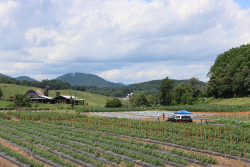
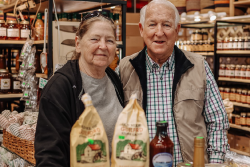
ARC is grateful to the Biden-Harris Administration for their historic investment to bolster infrastructure in America, which has allowed us to support important projects across Appalachia. Learn more about the BIL here.


